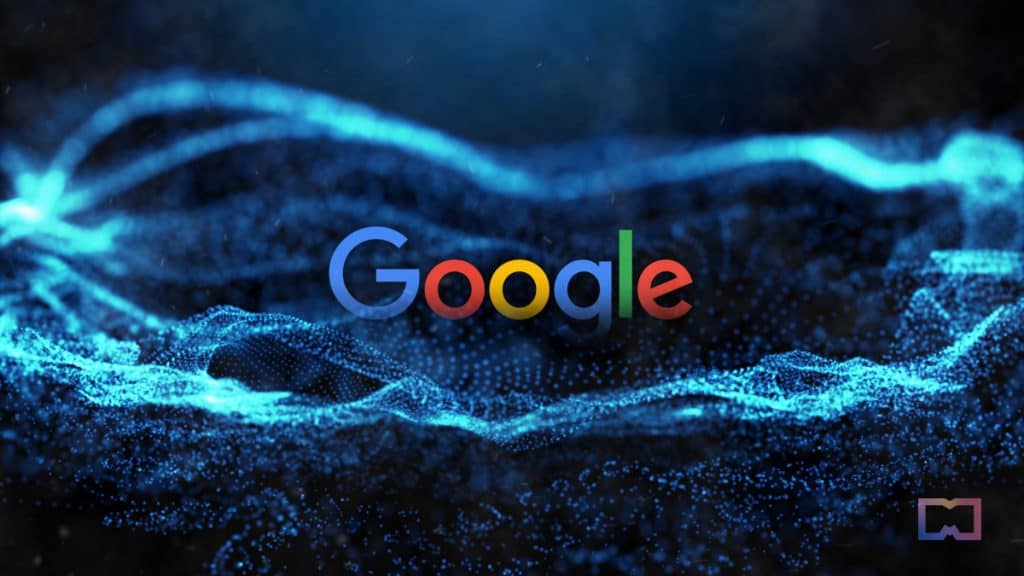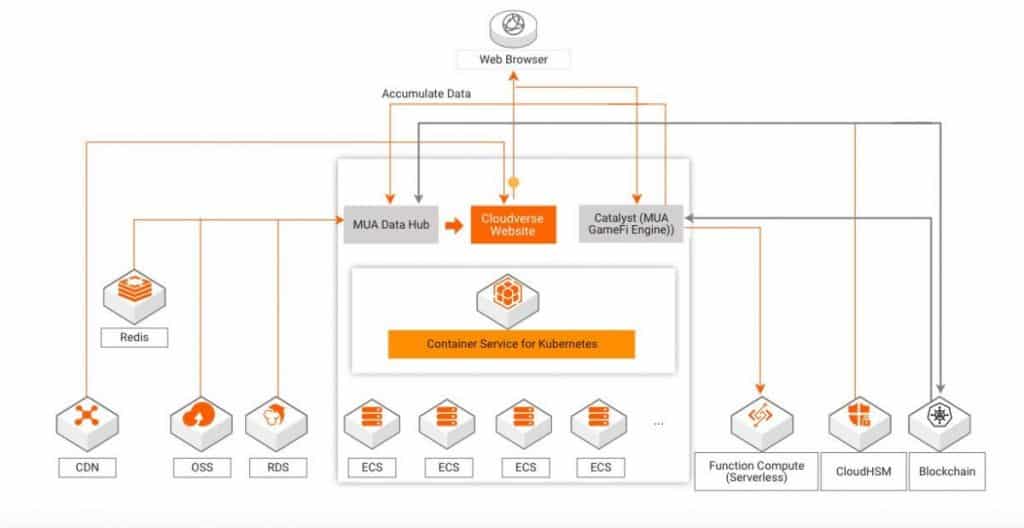Leaked Google Document Reveals Challenges in Maintaining Competitive Edge in AI

In Brief
A leaked document from a Google employee (Luke Sernau) suggests that open-source language models are quickly surpassing Google’s advancements.
The document highlights the importance of enabling third-party integrations and collaborating with external efforts instead of pursuing giant language models.
Google’s attempts to safeguard its technological advantages from competitors such as OpenAI are challenging.

An anonymous individual shared a leaked document on a public Discord server from a researcher within Google, SemiAnalysis confirmed. The document highlights that although OpenAI and Google are in a race to develop the most advanced language models, their progress is quickly being overshadowed by the advancements made in the open-source community.
The document contains the personal opinions of a Google employee and doesn’t represent the views of the company as a whole. According to Bloomberg, Luke Sernau, the senior software engineer at Google, shared the document on an internal platform within the company about a month ago.
“While our models still hold a slight edge in terms of quality, the gap is closing astonishingly quickly. Open-source models are faster, more customizable, more private, and pound-for-pound more capable. They are doing things with $100 and 13B params that we struggle with at $10M and 540B. And they are doing so in weeks, not months,”
the document read.
The company’s approach to language models was called into question. Sernau wrote that Google does not possess a “secret sauce” and instead should look to learn from and collaborate with external efforts. The document emphasized the importance of enabling third-party integrations and acknowledged that people are unlikely to pay for a restricted model when free alternatives of comparable quality exist. Sernau also argued that the pursuit of giant language models was impeding progress and suggested that smaller variants should receive more attention. The document concluded that the best models, in the long run, are those that can be quickly iterated upon.
The chart, which includes the “2 weeks apart” and “1 week apart” labels, was derived from a chart in the Vicuna 13-B announcement. The author modified the original chart to illustrate the rapid development of LLaMA Vicuna and Alpaca following the LLaMA development.

Google’s attempts to safeguard its technological advantages from competitors like OpenAI have proven challenging. Moreover, with the growing collaboration within the research community, maintaining a competitive edge has become even more difficult. With affordable access to cutting-edge research on LLMs, institutions worldwide are conducting studies that far surpass Google’s capacity. Sernau suggests that Google can either cling to its secrets while outside innovation dilutes its value or look to learn from others in the research community.
Read more:
Disclaimer
In line with the Trust Project guidelines, please note that the information provided on this page is not intended to be and should not be interpreted as legal, tax, investment, financial, or any other form of advice. It is important to only invest what you can afford to lose and to seek independent financial advice if you have any doubts. For further information, we suggest referring to the terms and conditions as well as the help and support pages provided by the issuer or advertiser. MetaversePost is committed to accurate, unbiased reporting, but market conditions are subject to change without notice.
About The Author
Agne is a journalist who covers the latest trends and developments in the metaverse, AI, and Web3 industries for the Metaverse Post. Her passion for storytelling has led her to conduct numerous interviews with experts in these fields, always seeking to uncover exciting and engaging stories. Agne holds a Bachelor’s degree in literature and has an extensive background in writing about a wide range of topics including travel, art, and culture. She has also volunteered as an editor for the animal rights organization, where she helped raise awareness about animal welfare issues. Contact her on agnec@mpost.io.
More articles

Agne is a journalist who covers the latest trends and developments in the metaverse, AI, and Web3 industries for the Metaverse Post. Her passion for storytelling has led her to conduct numerous interviews with experts in these fields, always seeking to uncover exciting and engaging stories. Agne holds a Bachelor’s degree in literature and has an extensive background in writing about a wide range of topics including travel, art, and culture. She has also volunteered as an editor for the animal rights organization, where she helped raise awareness about animal welfare issues. Contact her on agnec@mpost.io.





















































